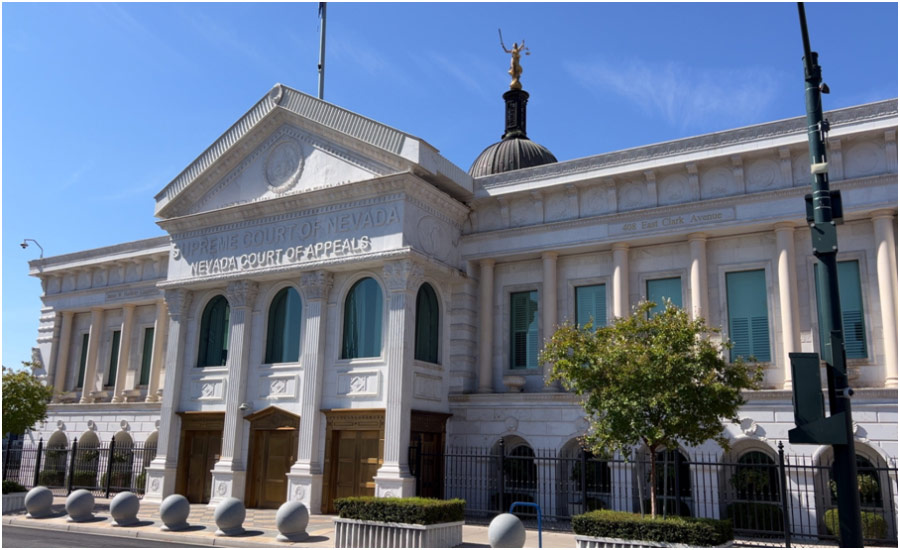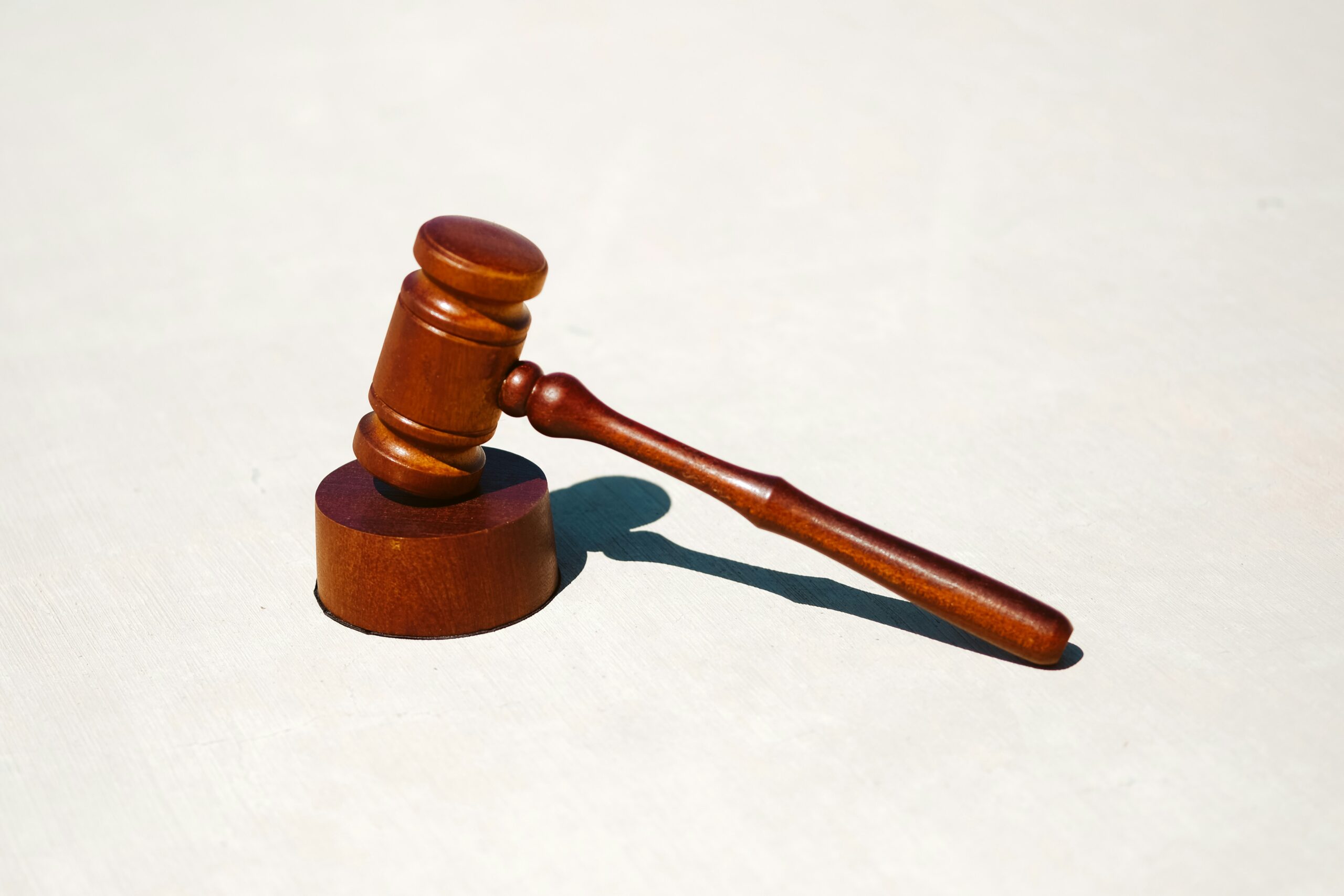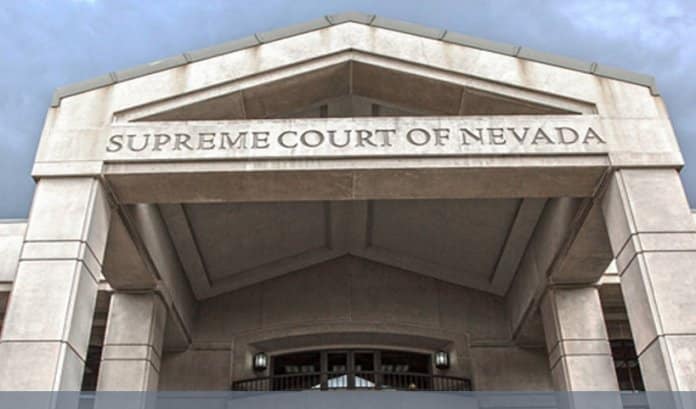ISAACSON LAW BLOG
Nevada HOA Law Changes in 2025: What HOA Boards Need to Know

Summary of Key Changes
The 83rd Legislative Session began on February 3, 2025, and while the session has been relatively quiet regarding homeowners’ associations (HOAs), two proposed bills – Assembly Bill 129 and Senate Bill 121 – could impact HOA operations in Nevada. These bills seek to modify NRS Chapter 116 and 116A, affecting bidding requirements, late fees, backyard landscaping regulations, commercial vehicle rules, and management company notifications.
Understanding these potential changes is crucial for HOA boards, property managers, and homeowners to remain compliant and avoid legal disputes. Below, we break down key provisions and what they mean for your community.
Key Legislative Proposals Impacting Nevada HOAs
Assembly Bill 129: Changes to HOA Project Bidding Requirements
Proposed by Assemblymember Jill Dickman (R – Washoe), AB 129 aims to revise NRS 116.31086 by mandating that associations solicit three bids for projects meeting specific budget thresholds. Currently, HOAs must obtain three bids “whenever reasonably possible.” If passed, the bill would require:
- Mandatory three-bid process, unless delay poses property damage or injury risks.
- Contracts awarded to the lowest responsive bidder, potentially overriding considerations of quality or long-term cost efficiency.
While this bill aims to create transparency, it raises concerns that the lowest bid may not always be the most reliable option. Some contractors submit artificially low bids to secure contracts, leading to cost overruns via change orders, potentially costing HOAs more in the long run.
Senate Bill 121: Multiple Revisions to NRS Chapter 116
Introduced by Senator Dina Neal (D – Clark), SB 121 proposes several changes to HOA laws, including:
1. Landscaping Deadlines for New Homeowners
- Requires HOA governing documents to allow homeowners 36 months to install backyard landscaping after initial home purchase.
- Permits HOAs to mandate a thin layer of rock in backyards after 18 months of ownership.
This change would impact newly constructed communities and developers enforcing strict landscaping policies. Homeowners should prepare for updated landscaping deadlines if the bill passes.
2. Late Fee and Credit Reporting Restrictions
- Revises NRS 116.310313 to prohibit imposing late fees on past-due obligations until 30 days after the due date.
- Prevents HOAs from reporting past-due obligations to credit agencies within this timeframe.
These changes could offer relief to homeowners struggling with payments but may also affect HOA cash flow. Boards should assess financial reserves to accommodate delayed fee collection.
3. Oil Stain Liability Limitations
- Amends NRS 116.3115 to ensure homeowners are not fined or held responsible for oil stains not located on their driveways.
HOAs will need to adjust enforcement policies, as responsibility for oil stains in common areas will shift away from individual homeowners.
4. Commercial Vehicle Parking Rights
- Updates NRS 116.350 to prevent HOAs from prohibiting commercial vehicles under 10,000 pounds from parking in designated visitor or common-area parking spaces.
- HOAs cannot require owners to cover commercial advertisements unless they contain:
- Sexual imagery
- Content related to controlled substances
- Allows HOAs to mandate the use of magnets to obscure inappropriate advertisements.
This provision seeks to balance commercial vehicle rights with community aesthetics, limiting excessive HOA restrictions.
5. HOA Management Company Termination Notices
- Amends NRS 116A.620 to require HOAs in communities with 100 or more units to:
- Post notices of pending management company termination at least 45 days in advance in a prominent location.
- Send electronic notices to homeowners who have provided an email address.
- Repeat these notices once the termination becomes effective.
HOAs should ensure compliance by setting up notification systems well in advance.
Timeline for Legislative Decisions
These proposed bills must pass through multiple stages before becoming law:
- April 22, 2025 – Deadline for bills to pass out of their first legislative chamber.
- May 17, 2025 – Bills must pass out of the second chamber before presentation to the governor.
What HOA Boards Should Do Now
To stay compliant and prepare for potential law changes, HOA boards should:
- Monitor legislative updates and discuss potential impacts at board meetings.
- Review vendor selection and bidding policies to align with possible new requirements.
- Update governing documents to reflect upcoming rules, particularly for landscaping and late fees.
- Educate homeowners on their rights regarding commercial vehicles and backyard regulations.
- Implement a proactive notification system for management company transitions.
Frequently Asked Questions (FAQs)
How does AB 129 impact HOA project bidding?
AB 129 mandates three bids for HOA projects meeting budget thresholds unless an emergency justifies bypassing the process. Contracts must be awarded to the lowest responsive bidder.
Will HOAs be able to impose late fees immediately after a missed payment?
No. Under SB 121, late fees cannot be imposed until 30 days after the due date, and HOAs cannot report past-due payments to credit agencies within this timeframe.
Can HOAs require homeowners to landscape their backyards sooner than 36 months?
No. If SB 121 passes, HOAs must allow at least 36 months for homeowners to install backyard landscaping, though they may require a thin layer of rock after 18 months.
Are HOAs allowed to fine residents for oil stains in common areas?
No. Homeowners cannot be held responsible for oil stains unless they are located on their own driveway.
Can HOAs ban commercial vehicles from parking in common areas?
No, as long as the vehicle weighs less than 10,000 pounds and does not contain sexually explicit or controlled substance-related advertisements. HOAs cannot require full ad coverage but may require a magnetic cover for inappropriate content.
What should HOA boards do about management company transitions?
For communities with 100 or more units, HOAs must post advance notice of management company termination at least 45 days before the termination date and send electronic notices to homeowners.
Final Thoughts
These proposed changes to Nevada HOA laws could significantly impact board operations and homeowner rights. Staying informed and proactively adjusting policies will help HOAs navigate the evolving legal landscape.
If you have questions about how these changes may affect your HOA, contact Troy Isaacson at (702) 529-2559.
By understanding and preparing for these legislative updates, HOA boards can avoid legal penalties and ensure smooth community management moving forward.

LOCATION
- (702) 529-2559
- 7575 Vegas Dr, Suite 150N, Las Vegas, Nevada 89128
BUSINESS HOURS
Monday – Friday: 8:30am to 5:30pm
Recent Blog Posts

HOA Fee Increases: Don’t Surprise Homeowners


Why “Failure to Communicate” Is a Violation

